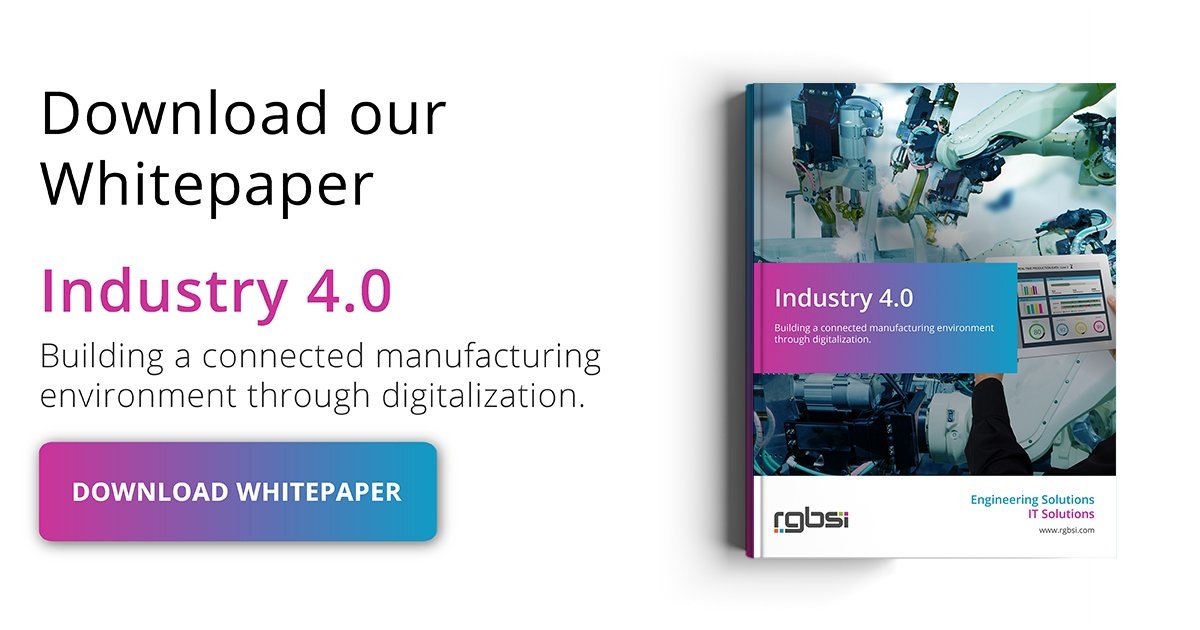
What is quantum computing and how is it different from the computers we use every day?
There are two types of computing: classical computing and quantum computing. The first type, classical computing, sends information in binary bits. These bits carry a value of either 0 or 1. The second type, quantum computing, sends information in quantum bits. These quantum bits are referred to as qubits.
There is opportunity for complex problem solving with quantum computing where traditional computing systems lag because of silo task-doing capacity restrictions.
What is a qubit?
Qubits are analogous to classical binary bits but are primarily differentiated by their ability to be in a superposition of both 0 and 1 states at the same time, whereas classical bits are either in a 0 state or a 1 state.
A key difference between classical bits and qubits is that qubits can hold two bits of information using superdense coding, while a classical bit has a limit of one bit. Using superdense coding, two bits or information are encoding in a state of a single qubit under the assumption that each are sharing an entangled state. With this assumption, the limit of classical bits that can be encoded in a qubit in two, thus the term “superdense”.
This doubling of efficiency per qubit compared to classical bits is why adding qubits to a quantum computer increases its computing power exponentially versus adding classical bits to a classical computer, which does not.
A good way to visualize the difference between the two is to imagine a sequence of instructions on an Excel spreadsheet. To complete the task by following the set of instructions, a classical computer will complete each one, one at a time, going down the list in sequence. A quantum computer will process the instructions all at once. No sequencing, so it is much faster.
What is quantum supremacy?
When a quantum computer is finally able to calculate operations faster than the most powerful supercomputers currently in existence, it will achieve what is known as “quantum supremacy”.
What is quantum cloud computing?
Amazon is now offering some of its enterprise customers the ability to explore quantum cloud computing. IBM has been offering quantum cloud computing services to select customers since 2016.
How is quantum computing Impacting Industry 4.0?
To be clear, there are no applications of quantum computing in use at this time in Industry 4.0. And no quantum computer does anything that remotely resembles practical work. But big tech is anticipating a quantum computing age. IBM, Microsoft, and now Amazon have been pestered long enough by their big enterprise customers to get started exploring this quantum future.
Enterprise customers such as Boeing are collaborating with Amazon Web Services (AWS) and using their quantum cloud computing service, Braket, to explore how developing and testing quantum algorithms in simulations could lead to breakthroughs in advanced material research.
Quantum computing has the potential to enhance value-driven conclusions from massive data sets. It could assist machine learning (ML) by driving artificial intelligence (AI) to process the unanalyzed data. This could help industry segments make sense of it all and aide more comprehensive decision making. Integrating quantum computing with Industry 4.0 disrupting technologies can potentially enhance competitive agility, speed up decision making, mitigate product quality risks, and facilitate total supply chain collaboration.
About RGBSI
At RGBSI, we deliver total workforce management, engineering, quality lifecycle management, and IT solutions that provide strategic partnership for organizations of all sizes.
Engineering Solutions
As an organization of engineering experts, we understand the importance of modernization. By pairing modern technology with design expertise, we elevate fundamental engineering principles to accommodate growing product complexity requirements. We work with clients to unlock the full potential of their products and enable future innovation. Learn more about our automation and digital engineering services.
IT Solutions
We work with clients to support IT related areas of application development, ERP, infrastructure, project management, and digital engineering.
Learn more about our IT solutions.











